Almost all parents feel judged, almost all the time. Our Tuning In survey showed that nearly 9 in 10 parents across the board feel judged (90% moms and 85% dads), and almost half say they feel judged all the time or nearly all the time (46% moms; 45% dads).
Read the full article here: https://www.zerotothree.org/resources/1716-just-say-no-to-judgment-how-judging-parents-actually-leads-to-worse-not-better-outcomes-for-kids






